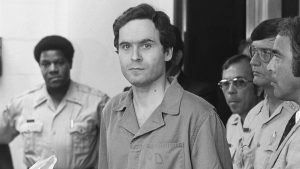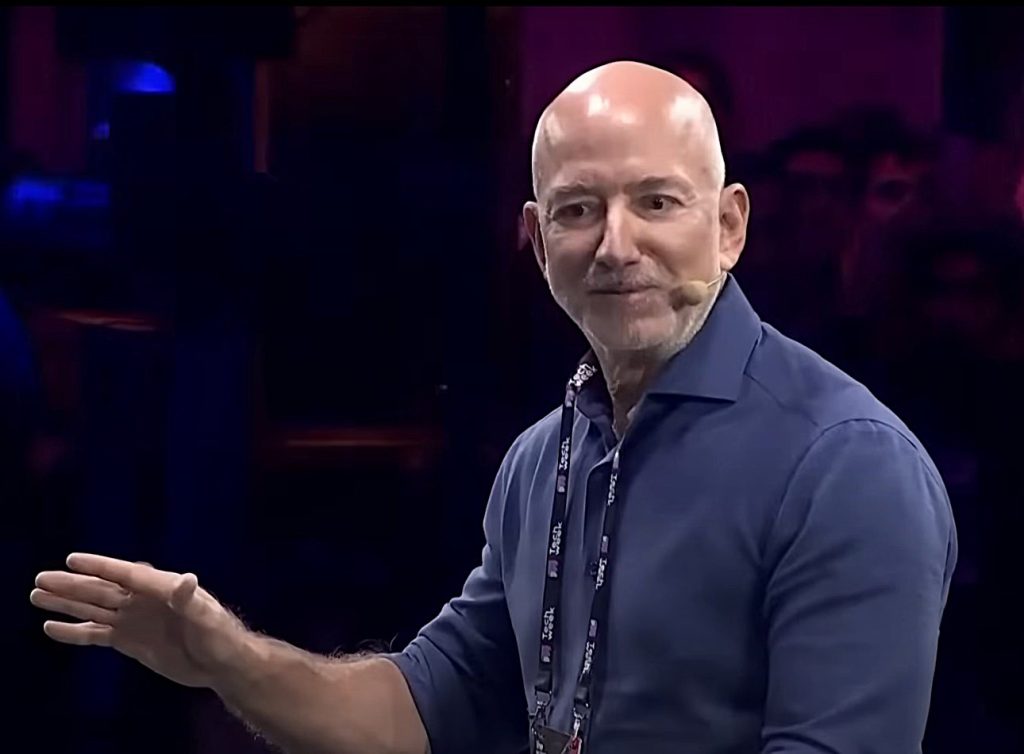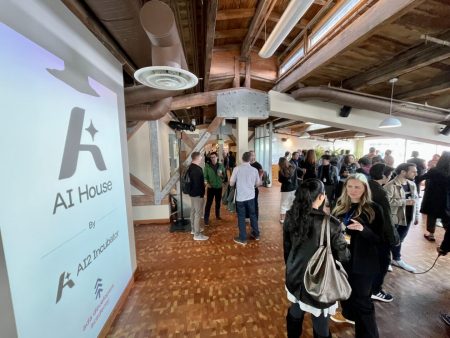Jeff Bezos Envisions Space-Based Data Centers as the Next Frontier in Technology
In a captivating fireside chat at Italian Tech Week 2025 in Turin, Jeff Bezos, the visionary behind Amazon and Blue Origin, shared his ambitious vision for the future of space commercialization. The billionaire entrepreneur painted a compelling picture of gigawatt data centers orbiting Earth, powered by uninterrupted solar energy. This bold concept, according to Bezos, represents the most efficient solution to meet the tech industry’s growing power demands, particularly for advancing artificial intelligence capabilities. Rather than a distant sci-fi fantasy, Bezos placed this transformation on a relatively near horizon, suggesting that within the next 10-20 years, we could witness a significant shift from Earth-based to space-based data processing infrastructure. “We’re going to start building these giant gigawatt data centers in space,” he predicted confidently, highlighting that the constant availability of solar power in orbit provides a distinct advantage over terrestrial alternatives constrained by weather conditions and day-night cycles.
The economics of space-based data centers appears increasingly viable in Bezos’s worldview. He emphasized that once solar arrays are positioned in orbit, the power becomes essentially free – a game-changing proposition for an industry where energy costs represent a significant operational expense. “We will be able to beat the cost of terrestrial data centers in space in the next couple of decades,” Bezos asserted, framing this development as part of a natural progression in how space technology enhances life on Earth. He drew parallels to previous innovations that have already transformed our daily lives: “Space will end up being one of the places that keeps making Earth better. It already has happened with weather satellites. It’s already happened with communication satellites. The next step is going to be data centers and other kinds of manufacturing.” This isn’t merely theoretical speculation – several commercial ventures are already making strides in this direction, including Seattle-based StarCloud and California’s Sophia Space, alongside Houston-based Axiom Space, which successfully tested Amazon Web Services’ Snowcone cloud-computing device aboard the International Space Station in 2022.
Beyond data centers, Bezos shared exciting updates about Blue Origin’s immediate plans, revealing that the company’s New Glenn rocket is scheduled to launch either in late October or early November 2025. This mission will carry NASA’s Escapade satellites into orbit around Mars, representing a significant milestone for the private space company. His vision extends far beyond just infrastructure in space – Bezos boldly predicted that within a couple of decades, millions of people could be living beyond Earth’s atmosphere. “That’s how fast this is going to accelerate,” he said with characteristic optimism, though he clarified that human presence in space would largely be a matter of choice rather than necessity: “They’ll mostly be living there because they want to. Our robotic technology is getting so good, we don’t need people to live in space. Anything that we need done… we will be able to send robots to do that work, and that’ll be much more cost-effective than sending humans.”
Throughout the conversation, Bezos wove together his perspectives on entrepreneurship, technology, and the future of humanity. When asked about advice for entrepreneurs, he emphasized the primacy of customer needs as the compass for business decisions. On the topic of AI investment, he acknowledged the possibility of a bubble but maintained that even if overinvestment occurs, society ultimately benefits from the resulting innovations: “When the dust settles and you see who are the winners, society benefits from those inventions… The benefits to society from AI are going to be gigantic.” His recommended science fiction reading – Iain M. Banks’ Culture series, which explores the relationship between humans and artificial intelligence – offers further insight into his thinking about humanity’s technological future. Intriguingly, this literary preference is one he shares with his space industry rival, SpaceX founder Elon Musk.
At 61, Bezos shows no signs of slowing down or stepping back from his technological pursuits. Though he relinquished his roles as CEO and president of Amazon four years ago (while retaining his position as executive chair), he described himself as “the least retired person in the world,” emphasizing his active involvement with Blue Origin and AI ventures. “I will never retire because work is too much fun,” he declared, suggesting that his influence on technology’s trajectory will continue for years to come. His enthusiasm reflects a deeply optimistic view of technological progress – one where humanity’s expansion into space doesn’t represent an escape from Earth’s problems but rather a natural evolution that enhances life on our home planet.
The vision Bezos articulated at Italian Tech Week represents a fascinating convergence of multiple technological trends – renewable energy, cloud computing, artificial intelligence, and space commercialization. By proposing space-based data centers as a solution to the growing energy demands of AI computation, Bezos isn’t merely speculating about the future of a single industry but rather imagining how different technologies might evolve together to address current limitations. Whether his timeline proves accurate or not, his perspective highlights how private space ventures are increasingly focused not just on exploration or tourism, but on creating practical infrastructure that could reshape how we handle some of Earth’s most resource-intensive activities. As companies like Blue Origin, SpaceX, and others continue to reduce the cost of accessing space, the possibilities for space-based industry expand – potentially transforming our relationship with both technology and the cosmos in the process.















